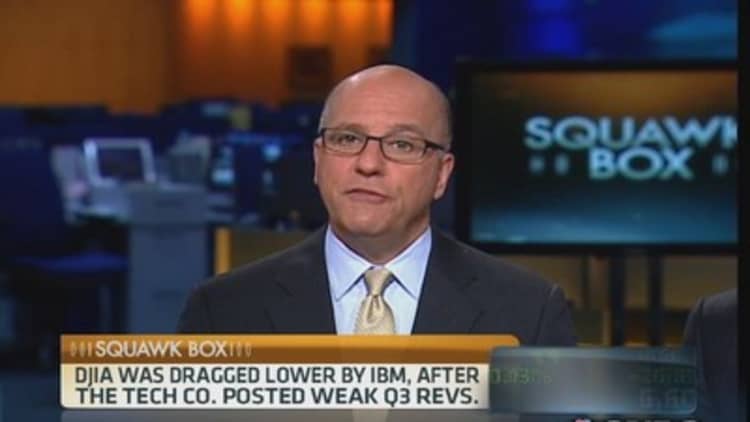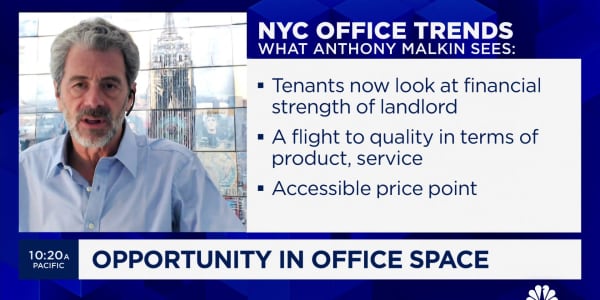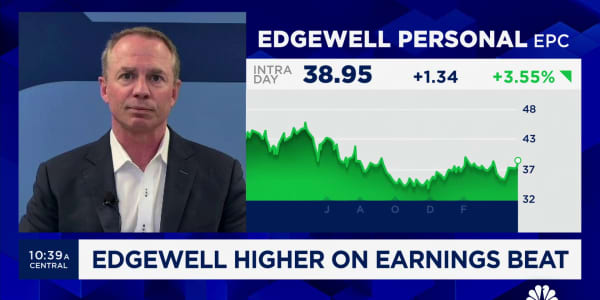While others were freaking out over the past week about the possibility of a U.S. debt default, exchange-traded funds focused on stocks were rolling in cash.
The ever-growing $1.6 trillion ETF space, which remains largely the province of short-term traders, raked in a gaudy $10.5 billion in the week ended Wednesday.
It was a testament both to Wall Street's blase attitude toward the prospects of an actual default as well as a bet that with the crisis out of the way—at least for now—the market's near-term direction is likely higher.

"Things may get frothy on the way up, to be sure," Nick Colas, chief market strategist at ConvergEx, said in a note. "But it seems clear that the money is coming, and you probably shouldn't stand in the way."
(Read more: Did Wall Street make the next budget crisis worse?)
Longer-term investors are a bit more cautious.
They added just $2.2 billion in the $6 trillion equity mutual fund space, according to Thomson Reuters. Bond funds also lost money for the week, with taxables (Treasurys) surrendering a relatively modest $400 million after a five-week inflow run.
It's the equity markets, though, where the attention seems to be, and failing any significant unexpected shocks between now and the end of the year, the ETF money is likely to continue to flow.
(Read more: Wall Street not listening to Washington anymore)
"There is hardly any chart resistance sitting on top of the market, with the only real piece of () overhead supply (and it is minor) up at the all-time high of 1,730," Mark Arbeter, chief technical strategist at S&P Capital IQ, said in a report.
Arbeter is looking for a possible "major upside breakout" that could take the market index past 1,800 either before the end of the year or in early 2014.
The early part of next year will see Congress again grapple with a possible government shutdown and another breaching of the debt ceiling. And the Federal Reserve could begin withdrawing its monthly stimulus program at any time.
(Read more: Why another debt limit fight is unlikely)
The market, though, has chosen to ignore the many roadblocks along the way.
In the most recent survey from the American Association of Individual Investors, optimism surged, with bullish sentiment growing to a three-month high of 46.3 percent while bearishness tumbled below 25 percent.
"Assuming that investor risk appetites are similar to Q4 2012—and they certainly appear to be—then the final two and half months of this year should be pretty smooth sailing," Colas said.
—By CNBC's Jeff Cox. Follow him on Twitter @JeffCoxCNBCcom.
Correction: This version corrected that equity mutual funds saw net inflows over the past week






